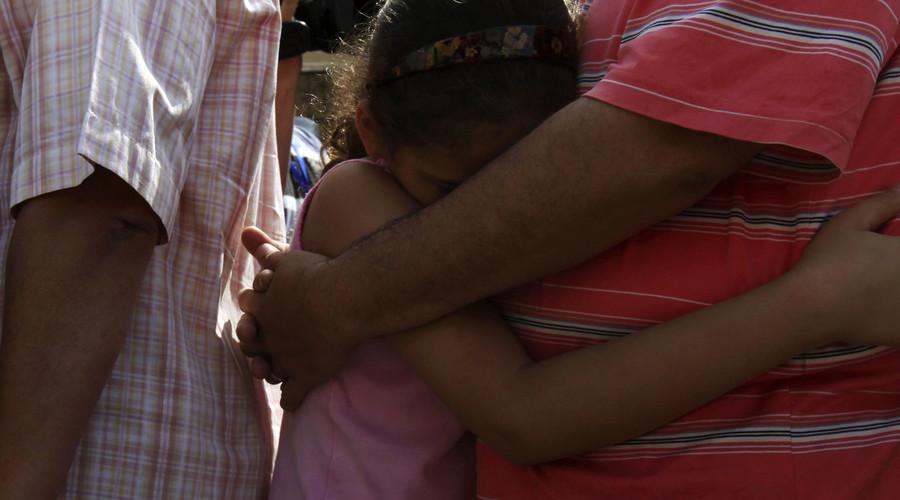
A member of Egyptian parliament called on women to agree to female genital mutilation, or FGM, in order to “reduce their sexual appetites,” local media reported. He also allegedly cited Egyptian men’s high rate of consumption of sexual stimulants.
Elhamy Agina, also in hot water in June this year after comments suggesting that women should dress more modestly in the Egyptian parliament, this time openly defended the procedure of female genital mutilation, a centuries-old tradition common in many African states. The procedure requires the intentional removal of some or all female external genitalia for non-medical reasons.
The ‘operation’ is often conducted by a charlatan healer on girls while they are still toddlers using a razor blade and no anesthetic.
“We are a population whose men suffer from sexual weakness, which is evident because Egypt is among the biggest consumers of sexual stimulants that only the weak will consume,” Agina reportedly said, as cited by Parlmany news outlet.
“If we stop [female genital mutilation], we will need strong men and we don’t have men of that sort,” the MP allegedly declared.
He also suggested that it would be better for women to undergo the procedure as it “reduces a woman’s sexual appetite” and women must “stand by their men” so that Egyptian husbands and wives live in concord.
The ritual procedure, dating back thousands of years, is still widespread in Egypt, despite having been outlawed in 2008 with Article 242 of the Penal Code criminalizing the practice. Last week, Egypt's cabinet approved a bill which increases jail terms for people who perform FGM and those who escort girls to the practice.
Despite the legislation, though, FGM is still performed in Egypt behind closed doors and often in unsanitary conditions. According to the country’s Health Issues Survey (EHIS) conducted in 2015, some nine in 10 women aged from 15 to 49 have been subjected to the procedure, mostly those living in rural areas or having lower levels of education.
Despite FGM being widely condemned as a human rights abuse, this year’s data from the UN's children's UNICEF agency suggested that over 200 million girls and women in 30 countries in Africa and the Middle East have underwent the ritual. It is also practiced within some immigrant communities in Europe, North America and Australia. Egypt, Somalia, Guinea, Djibouti and Sierra Leone have the highest rates of FGM, the World Health Organization reported, but as stated in a 2016 UNICEF report, the highest rate of FGM is in Somalia, where 98 percent of females aged 15 and 49 suffered the practice.
Twenty-four African countries have legislation or decrees against the procedure. The UN has been seeking ways to end the ancient ritual. Last year, a set of anti-FGM development goals were adopted by UN member states, aiming to eliminate the practice by 2030. On the International Day of Zero Tolerance for Female Genital Mutilation, UN Secretary-General Ban Ki-moon expressed his confidence that FGM can cease to exist “within a generation" if the global community unites efforts to eliminate it.
Source: RT
 FR
FR EN
EN AR
AR








